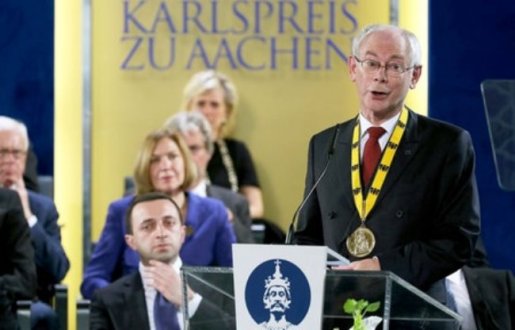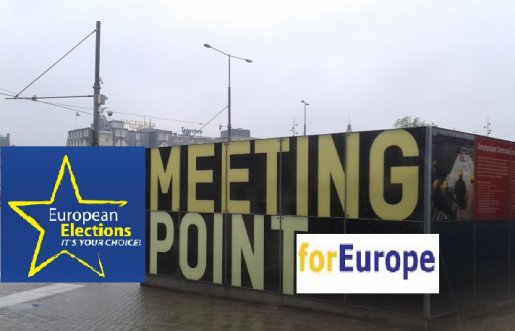Where is Europe heading and what can the young people expect from the Europe of tomorrow? Today's European election has become the forum for parties dissatisfied with their national politics and a presidential campaign for the Europhiles. Who will be the new 'Father of Europe' - bearer of the legacy of Charles the Great? Now, his successor must save Europe from the commercialism, Asian growth and Russian hegemony. Apart from that, there are many problems on the inside. Instead of closer European integration, some parts of the member countries pursue further fission - view the situation in Ukraine. These are some of the opinions that I collected on various social networks and magazines.
But the truth is, that decision, and thereby the future, lies in our hands. Obviously, there are big differences in opinion between the particular generations. The Baby Boomers are loyal to the traditional values and rules, and still hold the majority of the senior offices. The following Generation X are rather resourceful individualists who create their own rules and opportunities. Of course that they will find central control from the EU more restrictive. Finally, there is the Generation Y majority, of who are young people and students whom I want to address.














